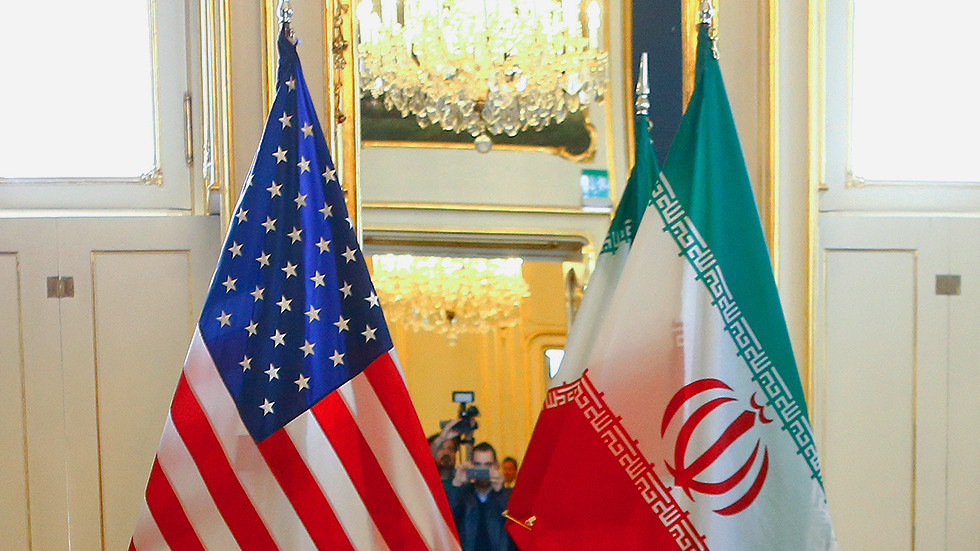“There has been no change in the issue of Iran’s access to its foreign exchange resources in Qatari banks and the agreement [reached in this regard] remains in force,” Nour News said on Thursday.
Earlier in the day, the Washington Post reported that US Deputy Treasury Secretary Wally Adeyemo had told House Democrats that American officials and the Qatari government had agreed to stop Iran from accessing a $6 billion account in light of a surprise attack by the Palestinian Hamas resistance group against Israel.
Adeyemo’s remarks were cited by two people who were speaking on the condition of anonymity.
Back in August, Iran and the United States agreed to a Qatar-brokered deal to secure the release of some $6 billion of Iranian funds that had remained blocked in two South Korean banks since 2018 under the pretext of US sanctions.
The money was successfully transferred last month to accounts held by six Iranian banks in Qatar’s Ahlibank and Dukhan Bank.
The administration of US President Joe Biden claimed at the time that the funds and the proceeds of Iranian oil sales to South Korea could only be spent on “humanitarian” purposes.
However, Iranian President Ebrahim Raisi stressed Tehran’s full authority on its assets, stating it is the Islamic Republic that decides how to spend the funds and that the money will be spent “wherever we need it.”
also on Thursday, US Secretary of State Antony Blinken did not confirm a US media report that Washington was freezing Iranian funds meant to be transferred as part of a prisoner swap agreement. However, he maintained that the US has strict oversight of the assets and retains the right to block them.
Republicans in the US have linked the funds, which are currently being held in a Qatar bank, to the attack by Hamas fighters on Saturday. US officials have stated they have found no evidence Iran was behind the attacks.
“None of the funds that have now gone to Qatar have actually been spent or accessed in any way by Iran. Indeed, funds from that account are overseen by the Treasury Department and can only be dispensed for humanitarian goods, food medicine, [and] medical equipment,” Blinken added.
